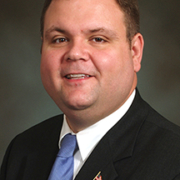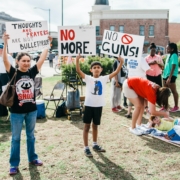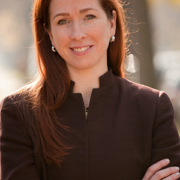Problem
1 in 5 children aged 0-18 has a diagnosable mental disorder. 1 in 10 youth has a serious mental health problem that is severe enough to impair their function at home, in school, or in the community. Stress experienced by children exposed to hurricanes and other natural disasters can have lasting impacts on mental wellness, particularly children in remote, rural areas. A significant number of children and families have been negatively impacted by Hurricane Michael and are in need of behavioral/mental health navigation services if they are to maximize intervention benefits, reduce risk, and increase the overall quality of their lives. A severe lack of providers in the area makes it difficult for families to access these critical services.
Solution
Providing a centralized entry point dedicated to assuring high-quality and culturally competent behavioral health services to youth aged 0 to 21 years old living in a hurricane impacted county. Using technology, the Pediatric Behavioral Health Navigation program provides access to a comprehensive range of diagnostic and treatment services for children and adolescents with psychiatric and developmental disorders including specialized evaluations for youth from birth to 21 years, evidence-based treatments for anxiety, depression, and disruptive behaviors, psychopharmacological evaluation and management, psychodynamic psychotherapy, parenting skills workshops, individual school consultation, and case management services and coordination.









